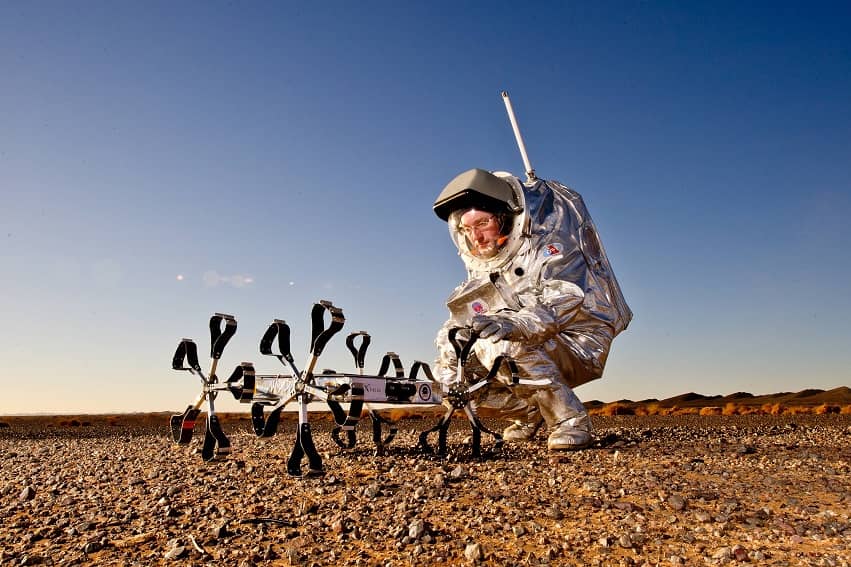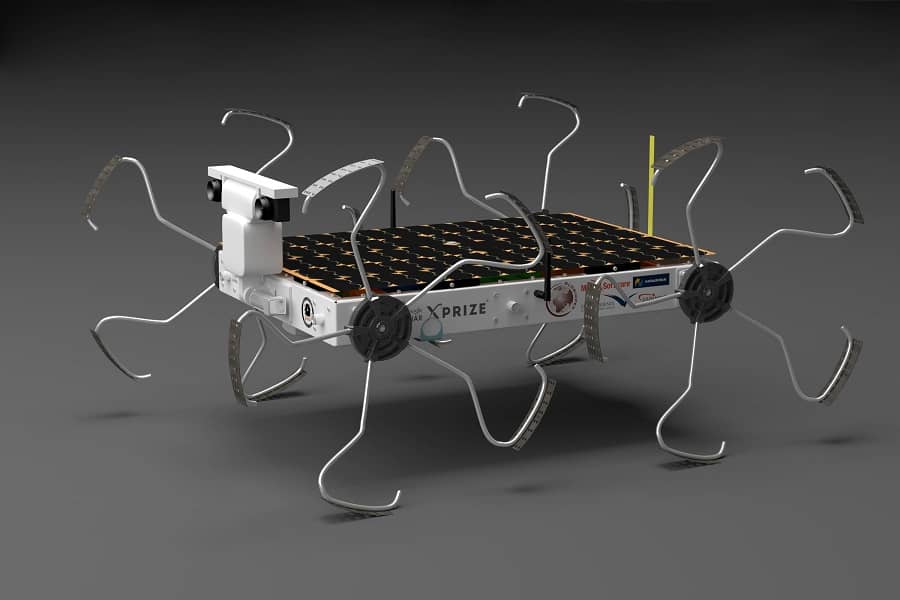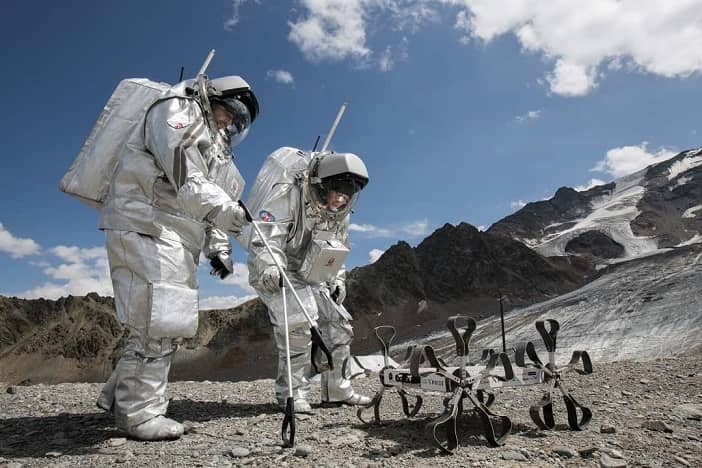Space industry is expanding globally, and Hungary is also ambitious to take part in this growing field. According to Morgan Stanley, the revenue generated by the global space industry may increase to more than $1 trillion by 2040. In this article, you can learn more about the Hungarian space company, Puli Space Technologies that now works together with NASA in lunar research.
Space technology is a rapidly developing field also in Hungary, both the public and private sector expanded their shares in space research in the last years. The Budapest University of Technology and Economics (BME) is about to launch a master’s program in space engineering in 2022, and there are also more and more international acknowledgements in Hungarian space research. One of the most recent rewards has been obtained by Puli Space Technologies that won the competition of NASA in the Lunar Resource category.

Puli is a Budapest-based space company founded in 2010, with an experienced team of nearly 30 engineers and scientists passionate about the Moon. Most team members graduated from the Budapest University of Technology and Economics, and now working full-time at such prestigious scientific institutions as the European Space Agency (ESA) or the European Organization for Nuclear Research, commonly known as CERN. At Puli they all work as volunteers in their free time to facilitate the development of the space industry in Hungary, to promote scientific thinking and to encourage students to choose scientific careers.
Puli, which is named after the particular Hungarian dog breed, develops a lightweight lunar rover and payload instruments for the harsh lunar environment to explore resources on the Moon. Puli’s rover moves with a unique wheel-leg (wheg) construction that is specially designed for rough terrain. The team tested this design in lunar analogue sites in the Moroccan desert and on the slopes of Mauna Kea volcano in Hawaii.

In 2020 Puli won the 1st prize on the NASA "Honey, I Shrunk the NASA Payload" challenge, with its miniature moon water ice detector, the Puli Lunar Water Snooper (PLWS). In this competition NASA challenged innovators around the world to design miniaturized payloads, to make lunar exploration in the near future using micro-rovers more effective. They have received 132 entries from 29 countries in 2 categories, from which Puli Space’s innovative solution came out as the best one.

The PLWS identifies and measures hydrogen and all hydrogen-bearing volatiles like water ice in the lunar surface, which is one of the most valuable lunar resources, essential for future missions, permanent human presence and habitats on the Moon. Puli’s design is a low-cost, simple and extremely lightweight solution, which are all key features for short-term robotic exploration missions on the Moon. NASA was impressed with their solution, and as a reward, it provides 225,000 USD funding and technical expertise for the 1 year-long development period of the device. If all goes right, the Puli Lunar Water Snooper will land on the Moon and start its mission in 2022.
Space exploration is not sci-fi anymore, more and more private and public space companies offer careers worldwide for professionals. Hungarian degrees in engineering or other scientific fields can be well used in the international space industry, so check out the options, if you are interested in this highly exciting field. Only space is the limit!
If you are interested in the project, visit their website here!
Sources:
Pulispace.com: Puli Space won the 1st prize on NASA Mini Payload Challenge!
24.hu: Puli Lunar Water Snooper in collaboration with NASA

Budapest University of Technology and Economics
Műegyetem Rakpart 3. Budapest,Hungary 1111